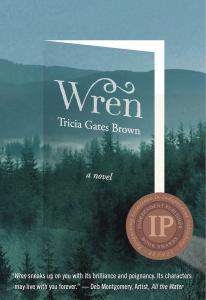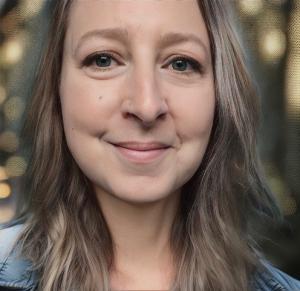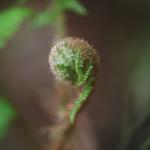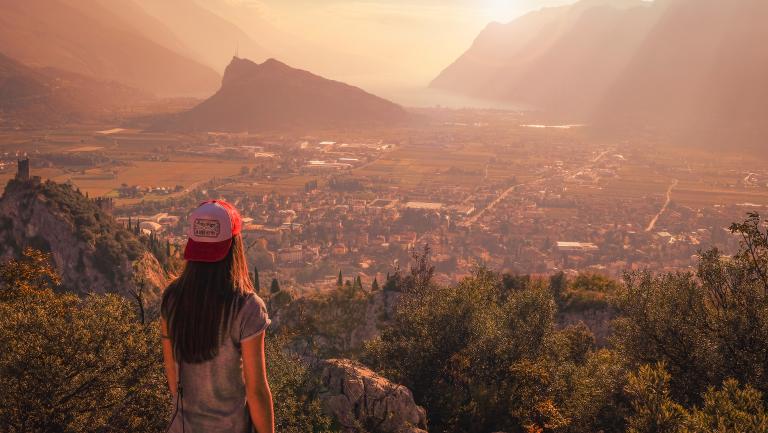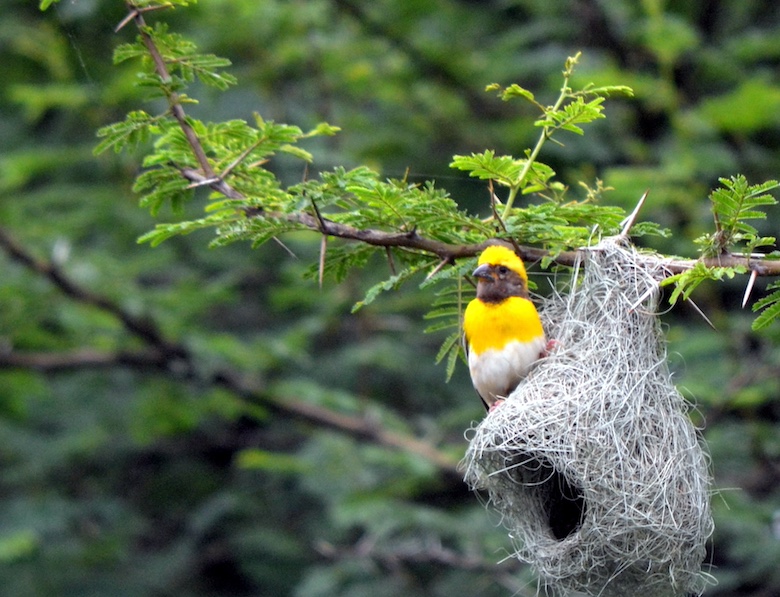
Since the release of ChatGPT[1] a little over a year ago, many have posed the question: What makes us human? It’s turned over many times in my own mind. Pondering this deeply, I’ve decided that what makes us human is the same as what makes us animal. We may be different from computers in certain important ways, but in those areas of distinction from machines, we are much like non-human animals. I think that’s a wonderful thing! For most of modern history, humanity was elevated for the feats of our intelligence. But most things the human mind is capable of are, as it turns out, things AI can do as well. Not only in cogitating but in creating. In its creativity, AI is derivative, yet so, arguably, are humans.
The more complicated question addresses how humans stand apart from AI.
In this regard, two aspects of humanness stand out to me. The first, naturally, is love. Computers may fool us into thinking they love, as they can be programmed to sound and act very much like they do. They will only get better at this. Experts suggest that most people who are younger today (not to mention older people) will have close friendships, even intimate relationships, with AI in the not-too-distant future. But AI don’t feel the discomfort pain elation pride, or any of the panoply of emotions that give contour to the experience of love. AI don’t love.
The second thing distinguishing AI from humans is in how they create. In many ways, AI can create as well as, and more efficiently than, humans. Will they one day apply daubs of paint with the intuitive skill or vision of a great painter or throw pots like a master? Will a robot’s hands ever perform like human hands? I doubt it, though I wouldn’t bet against it either.
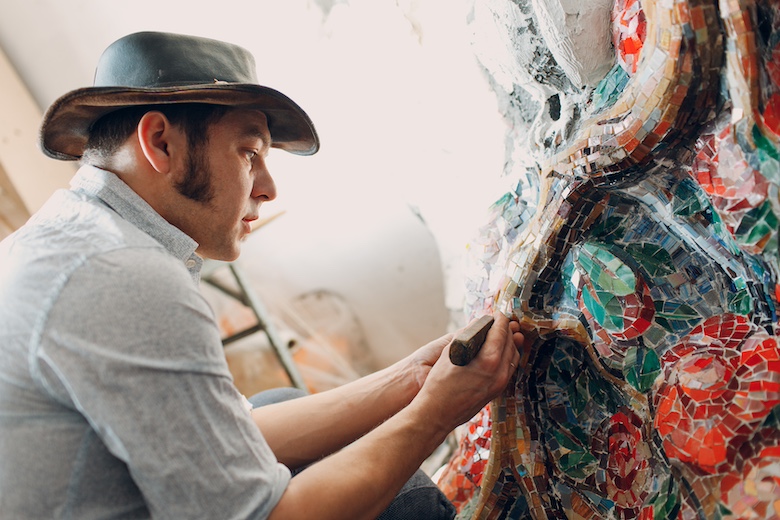
Still, an aspect of creativity that is unique to humans is longing. Artists have a sometimes uncomfortable, unrelenting drive or longing to create. Some days I wake thinking about color shape texture. I fall asleep doing the same. When work and other obligations conflict with my ability to create art, I’m out of sorts; if the condition persists for long, I am depressed. Do AI feel longing? I don’t think so.
In both of these aspects of “humanness,” we are, I would assert, like non-human animals. Animals, like humans, love. Animals, like humans, also create with amazing dexterity and skill. One of my favorites is the common tailorbird that sews its gorgeous nest using its beak as if it were a needle. The dance of certain mating birds also exhibits creative skill. Do animals feel pride in the beauty of their creations? I don’t see why not. Do animals feel longing to create and sadness when they are hindered from creating in the ways they were born to? I imagine yes.
As I’ve pondered the defining features of humanness over the past year, I cannot come up with ways that humans are different from AI and also different from animals. As I’ve described in a different essay, our differences from animals are more a matter of degree than substance.
All of this pondering has led me to look differently at my own life, and to ardently value the things that set me apart from AI, the things that make me human. I want to spend the rest of my life doing as much as I can of these things; perfecting these distinctions of the human animal. I want to love better. I want to harness my longing to create into making the best artwork I can with my very human hands—hands skilled in ways a non-human’s hands may never be skilled.
We can look at the mind-spinning ascent of AI with fear, or we can allow it to augment our resolve to live the best human lives we possibly can. Get to loving—in deeply emotional and non-transactional ways. Get to creating in ways that meet and feed your deepest longings to create. Learn from the non-human animals how best to live.
[1] ChatGPT is an impressive large language model AI software program. Read more HERE.
Wren, winner of a 2022 Independent Publishers Award Bronze Medal
Winner of the 2022 Independent Publisher Awards Bronze Medal for Regional Fiction; Finalist for the 2022 National Indie Excellence Awards. (2021) Paperback publication of Wren , a novel. “Insightful novel tackles questions of parenthood, marriage, and friendship with finesse and empathy … with striking descriptions of Oregon topography.” —Kirkus Reviews (2018) Audiobook publication of Wren.


